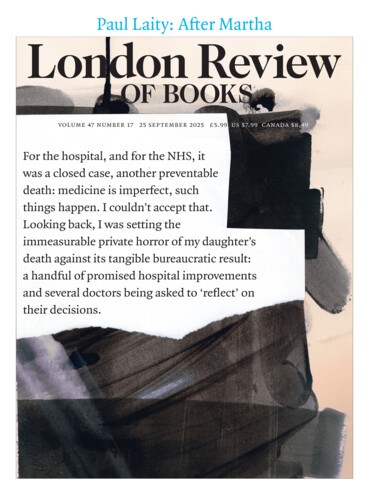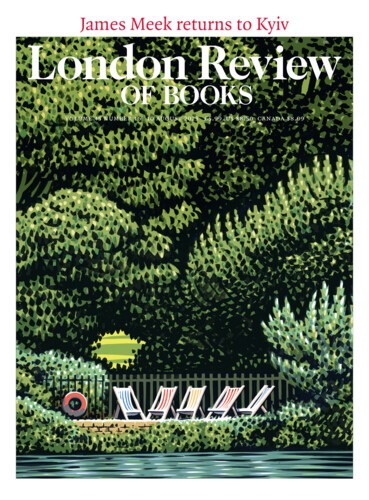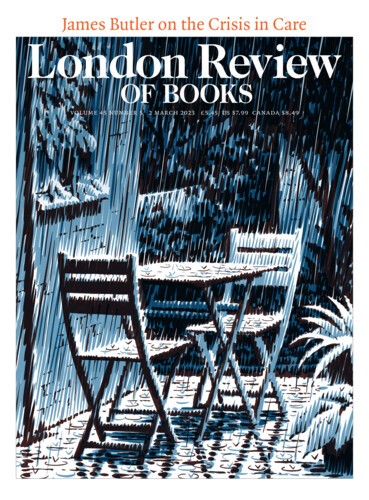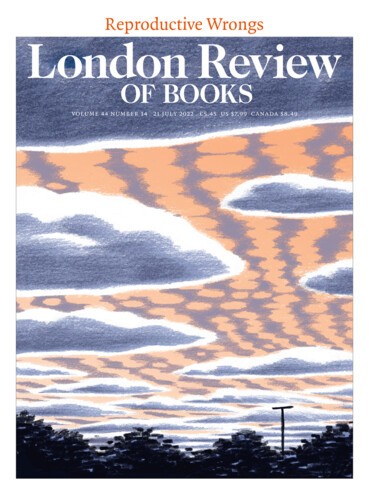In Full Sail: Sargent in London
Abigail Green, 25 September 2025
There are few pictures of rich Jews as enchanting as Renoir’s 1881 portrait of the young Cahen d’Anvers sisters, Elisabeth and Alice, with their chubby cheeks, pearly teeth, sturdy legs and frilly dresses. Or take Ingres’s earlier but equally celebrated portrayal of the Baronne de Rothschild, a woman Heinrich Heine compared to an angel. It is at once lush and restrained....





